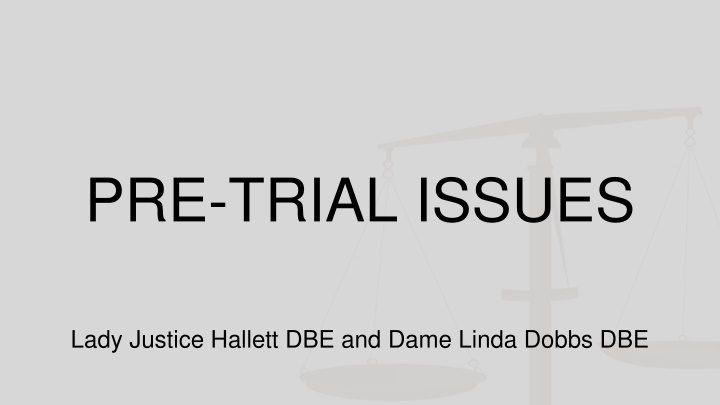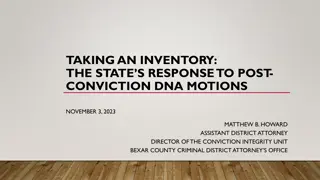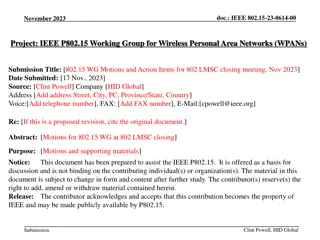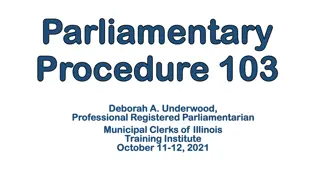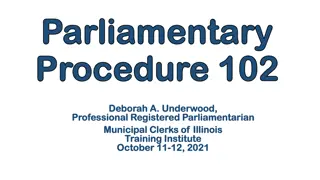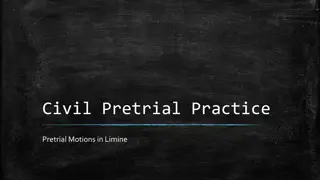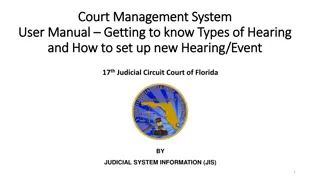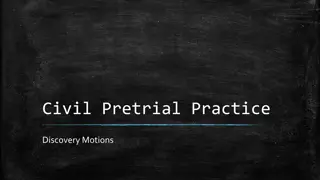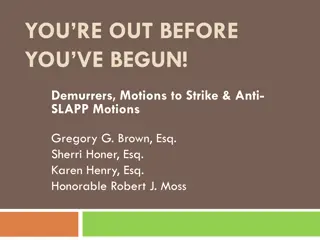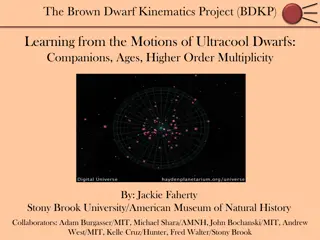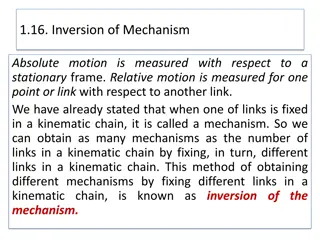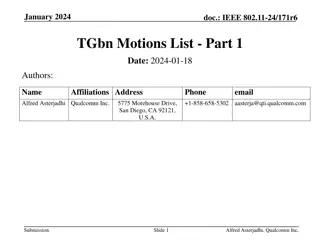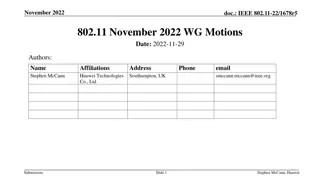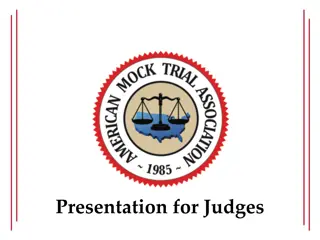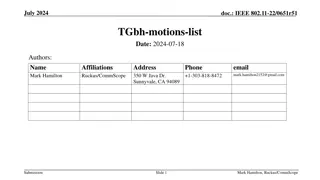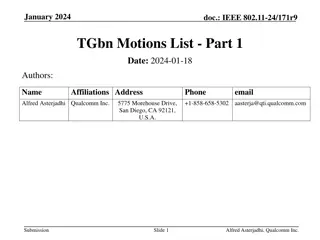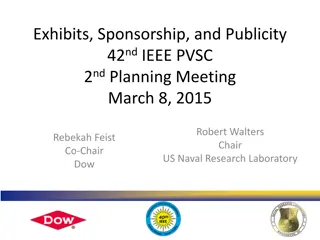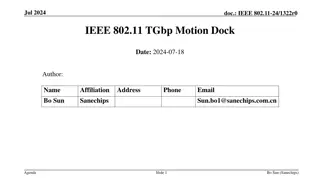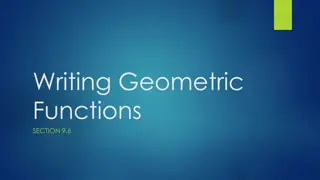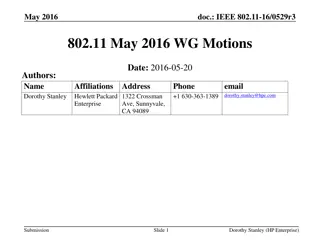Pre-Trial Legal Issues: Publicity, Authorities, and Motions
Exploring pre-trial legal matters such as publicity principles, the importance of allowing press representation, and factors to consider for a fair trial. Discusses authorities' role in handling complaints about publicity and situations warranting a motion to quash. Also touches on sufficiency hearings in legal procedures.
Download Presentation

Please find below an Image/Link to download the presentation.
The content on the website is provided AS IS for your information and personal use only. It may not be sold, licensed, or shared on other websites without obtaining consent from the author.If you encounter any issues during the download, it is possible that the publisher has removed the file from their server.
You are allowed to download the files provided on this website for personal or commercial use, subject to the condition that they are used lawfully. All files are the property of their respective owners.
The content on the website is provided AS IS for your information and personal use only. It may not be sold, licensed, or shared on other websites without obtaining consent from the author.
E N D
Presentation Transcript
PRE-TRIAL ISSUES Lady Justice Hallett DBE and Dame Linda Dobbs DBE
PUBLICITY Principle of open justice and right to publish fair and accurate reports of proceedings held in public. Power to restrict publication where necessary to avoid substantial risk of prejudice to administration of justice. The rights to be balanced. Potential situations? Different considerations pre-trial, during trial and post- trial. Need for review.
PUBLICITY (contd.) Importance of allowing representations by the press as well as the parties. Order to be clear, in writing and publicly available. Conduct of trial or part thereof in camera the test? Potential situations?
AUTHORITIES The proper forum for a complaint about publicity is the trial court, where the judge can assess the circumstances which exist when the defendant is about to be given in charge of the jury, and decide whether measures such as warnings and directions to the jury, peremptory challenge and challenge for cause will enable the jury to reach its verdict with an unclouded mind, or whether exceptionally a temporary or even permanent stay of the prosecution is the only solution. Nankissoon Boodram v Attorney-General and Another [1996] AC 842 (Mustill LJ)
AUTHORITIES It is not sufficient for an appellant to establish that there has been adverse publicity which is likely to have a rejudicial effect on the minds of potential jurors. They must go further, and establish that the prejudice is so widespread and so indelibly impressed on the minds of potential jurors that it is unlikely that a jury unaffected by it can be obtained Grant and Others v Director of Public Prosecutions (1980) 30 WIR 246 (Diplock LJ endorsing Carberry JA)
MOTION TO QUASH Potential situations: Where the indictment is bad on its face ( i.e. duplicity because alleges more than one offence or particulars do not disclose an offence known to the law); A charge has been preferred other than in accordance with relevant provisions; Where the papers do not disclose a case to answer for the offence charged; Does not amount to an acquittal.
SUFFICIENCY HEARING St Lucia CPR part 10.3 Evaluation of witness statements on paper but in open court. No XX save with permission; Test similar to Galbraith; Assess whether prima facie evidence sufficient to convict; Take into account whole of prosecution evidence in most favourable light.
STAY OF PROCEEDINGS Abuse of process: Something so unfair and wrong that the court should not allow the prosecutor to proceed with what is, in all other respects, a regular proceeding. The main grounds: Where impossible for D to have a fair trial, or Where it offends court s sense of justice and propriety to be asked to try D in particular circumstances of case. Focus is on whether the court s sense of propriety is offended or public confidence in the criminal justice system would be undermined by the trial. Potential situations?
AUTHORITIES In territories where there is no express guarantee to a speedy trial the common law test still obtains which places the emphasis on the fairness of the trial. In the context of delay, the test becomes whether there has been unreasonable delay such that a fair trial is no longer possible - Dularie Peters v The State Cr. App. No. 34 of 2008 Where it is within the power of the judge to remedy potential unfairness by less drastic means than a stay, such as proper direction to the jury, that means should be employed - Charles, Carter and Carter v The State 54 WIR 455 Where defence counsel fails to carry out his duties in fundamental nature the conclusion must be that the defendant was deprived of due process. A material breach may amount to a miscarriage of justice thereby depriving the appellant of a fair trial - Boodram (Ann Marie) v The State - (2001) 59 WIR 493
FITNESS TO PLEAD Determined by the court without a jury s4(5) Criminal Procedure (Insanity) Act 1964; A determination of unfit to plead requires the evidence (written or oral) of two or more registered medical practitioners, at least one of whom is approved s4(6): Brown v The State [2012] UKPC 2; Deenish Benjamin and Another v The State [2012] UKPC 8; The formulation of the test is expressed in R v Pritchard (1836) 7 C&P 303; Is D of sufficient intellect to comprehend proceedings, so as to make proper defence, to challenge jurors to whom he might wish to object and to understand details of evidence.
FITNESS TO PLEAD (contd.) Either party can raise a lack of fitness to plead; If defence raise it, must satisfy court on balance of probabilities R v Podola 43 CrAppR 220; If prosecution raise it, must satisfy court beyond reasonable doubt R v Robertson 52 CrAppR 690; If the court raises it of own motion, there is no authority on the applicable standard.
AUTHORITIES Rudolph Lewis v The Queen (ECSC CA) HCRAP 2009/016 Before a defendant s guilty plea is accepted when arraigned on an indictment for murder, the trial judge is under a duty to ensure that: a. b. The defendant has competent legal representation; the defendant has been examined by a medical officer in order to determine whether he is fit to plead; the medical officer attends court and testifies as to his opinion concerning the defendant s fitness to plead; the defendant has not been coerced by his counsel or anyone else to plead guilty and no one has promised him anything to plead guilty; c. d.
AUTHORITIES (Contd.) Rudolph Lewis v The Queen (ECSC CA) HCRAP 2009/016 (Contd.): Before a defendant s guilty plea is accepted when arraigned on an indictment for murder, the trial judge is under a duty to ensure that: e. the defendant understands the nature of the offence, the elements of the offence, and that he has the right to plead not guilty, the right to be tried by a jury, and the right to state his defence, give evidence, remain silent, call witnesses, and address the jury; f. the defendant is made aware of the sentencing process and that in determining sentence, the court has an obligation to apply the sentencing guidelines, consider a psychiatrist and social inquiry report, his antecedents and other sentencing factors; and g. the defendant is made aware of the maximum possible penalty, as well as the minimum possible penalty.
NOT FIT TO PLEAD If decision is D unfit to plead, s4A creates system for jury to determine if D did the act or made the omissionalleged. If objective evidence raising the possibility of mistake, accident, self-defence then jury should not find defendant did commit the act unless they are satisfied beyond a reasonable doubt that P have negated this possibility R v Antoine [2001] 1 AC 340, 377. Upon a finding, the court has the power to make a hospital order, a supervision order or an order for his absolute discharge per s5 Criminal Procedure (Insanity) Act 1964.
MUTE OF MALICE If the Defendant stands mute is he mute of malice or mute by visitation of God . This is issue for jury on the criminal standard R v Sharp 41 Cr App R 197 Mute by visitation of God means a person who is deaf and dumb R v Pritchard (1836) 7 C&P 303, or so deaf he cannot hear the indictment when read R v Halton (1824) Ry & M 78. If mute by visitation of God adjourn to explore options of communicating or jury to decide if fit to plead. If mute of malice, not guilty plea is entered. Same jury can try him.
AUTREFOIS CONVICT/ACQUIT Principle: to protect D from repeated prosecutions for same offence. Lead case is Connelly v DPP [1964] AC 1254. Cannot be tried for crime of which convicted/acquitted. Cannot be tried for crime of which could have been convicted/acquitted. Cannot be tried for crime that is in effect the same or substantially same.
AUTREFOIS (contd.) Emphasis on crime/offence not on underlying facts and evidence Technically TIC cannot found plea of autrefois, but will almost invariably be an abuse of process because it raises prospect of being punished twice for same offence. Court must be of competent jurisdiction R v Kent Justices, ex p Machin [1952] 2 QB 355
AUTHORITIES A plea of autrefois cannotbe sustained by anything less than evidence that the offence with which the defendant stood charged had previously been the subject of a complete adjudication against him by a court of competent jurisdiction, comprising both the decision establishing his guilt and the final disposal of the case by the court by passing sentence or making some other order, such as an order for an absolute discharge. In this case a nolle prosque immediately followed arraignment, the first court had not completed its adjudication of his case of autrefois convict could not succeed - Richards (Lloydell) v R - (1992) 41 WIR 263 (Bridge LJ) and, accordingly, the plea Once the tribunal records the conviction and passes sentence, it has exhausted his jurisdiction to deal with the offence and is functus officio. Plea of Autrefois Convict available to defeat further order varying sentence - Beswick v R - (1987) 36 WIR 318
